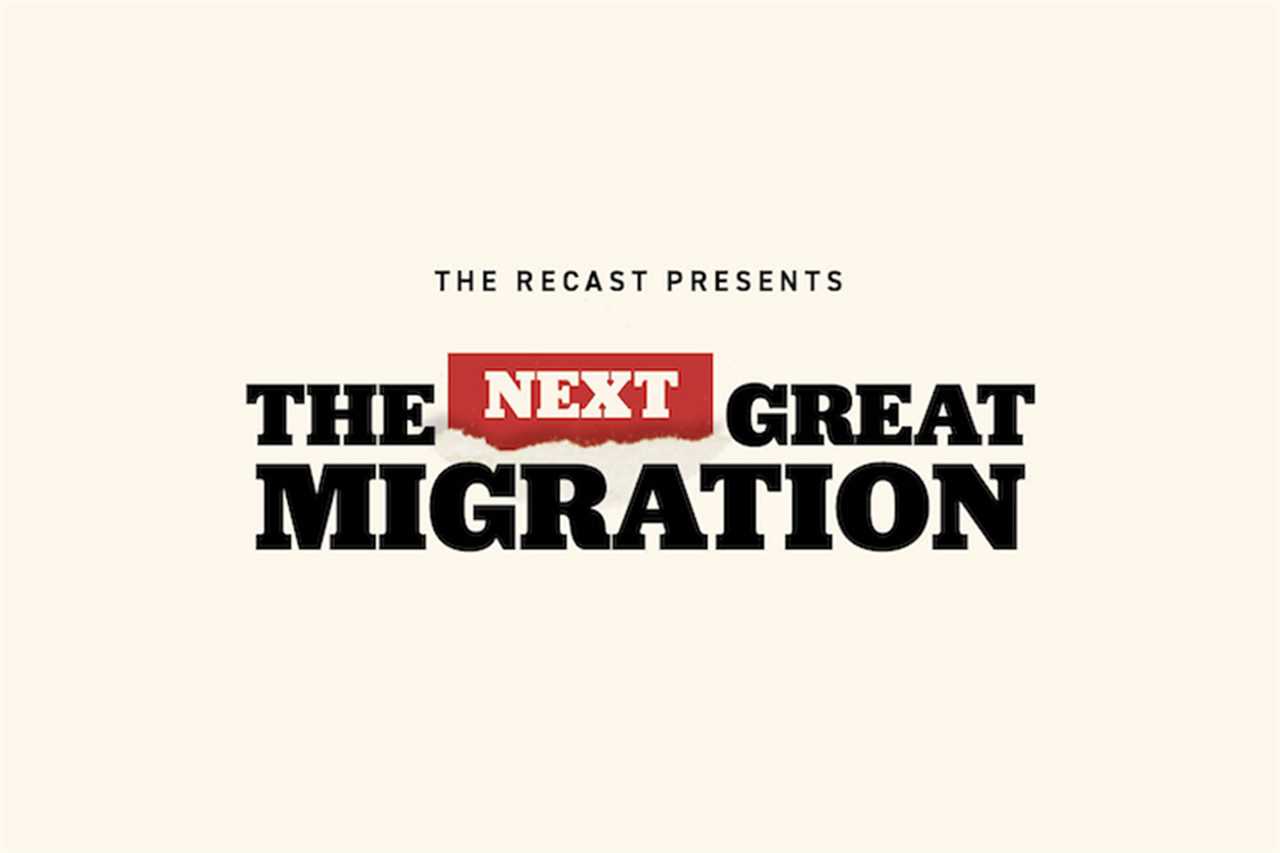
America is in the midst of another Great Migration.
For decades, American cities — especially in the north — have stood as the key centers of Black political power, not to mention Black entrepreneurship, homeownership and economic clout.
But the 2020 census crystallized a picture of a new landscape, with African Americans departing major cities, some for warmer locales, others for smaller cities, others to the ever-expanding suburbs where there is generally less crime and better schools.
And as they move, political power changes with them.
How stark is the change?
According to census data compiled by POLITICO, nine of the 10 American cities with the largest Black populations saw steep declines among African Americans over the two previous decades.
This includes cities long considered “Black Meccas,” places where African Americans profoundly shaped American politics, policy and culture: Chicago, New York and Washington. Other places like Philadelphia and New Orleans are also seeing Black population dips.
This marks a reversal of sorts of the original Great Migration, in which cities in the Northeast and Midwest attracted Black Americans fleeing the rural Jim Crow South, starting roughly a century ago. Back then, these folks set off for new lives, leaving behind segregationist laws in search of greater opportunities in cities where World War I prompted the need for more industrial labor.
The reversal of this trend started, as a trickle, a few decades ago, but is now sharply visible across the country — with far reaching implications that will certainly affect the 2022 midterms and beyond.
In a magazine series launching this week and running through 2022, POLITICO will trace the impact of this shift on politics, power, business and culture. Driven by data, analysis and on-the-ground reporting across the country, “The Next Great Migration” will profile cities that have been profoundly altered by this demographic shift.
The series launches in Chicago, the city in which the Black exodus is perhaps most acute. An astonishing 260,000 African Americans have left the Windy City over a 20-year span. In this package, we set out to explore how these migration patterns are transforming political dynamics on the local and federal levels. One example is how Black city council members are maneuvering to have an edge over the Latino Caucus, which is looking to gain representation that aligns with its growing Hispanic population.
We won’t stop there. In the coming weeks and months, we’ll be exploring how it’s playing out around the country.
This marks the first feature series from The Recast, POLITICO’s newsletter breaking down the intersection of identity, race, leadership and power in American politics. And if you already read our newsletter (if not, you can sign up here), you know we want to keep the conversation going. As the series continues, we want to hear from you, with ideas for the places — and the players — who matter most as this change sweeps the country.
Let us know if you are seeing the effects of declining Black populations in your city. Hit us up at [email protected] and be part of the conversation surrounding the changing dynamics of race, politics and power happening across the nation.
----------------------------------------
By: Brakkton Booker
Title: Why We’re Covering the Next Black Exodus
Sourced From: www.politico.com/news/magazine/2021/12/07/black-great-migration-series-523619
Published Date: Tue, 07 Dec 2021 11:00:13 EST






